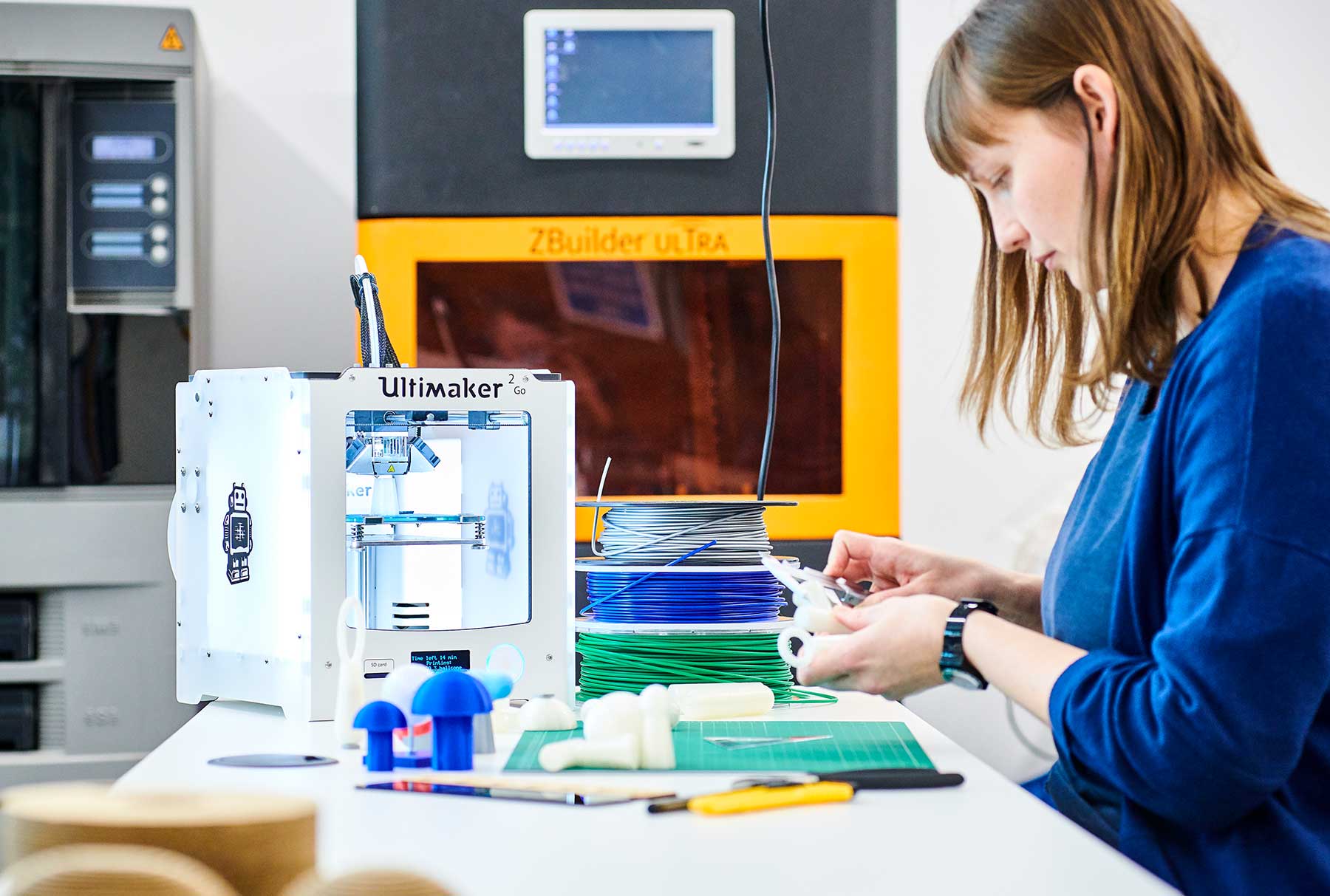Open Lab receives multiple award nominations
Newcastle University's Open Lab has been nominated for three awards for innovation in technology for change.
5 June 2020
The interaction research lab based in the School of Computing, has been nominated for two awards in the Digital Leaders 100 awards and one in the Game for Change awards.
Immersive escape room experience
Researchers Tom Nappey, Daniel Lambton-Howard and James Hodge from Open Lab worked with the International Red Cross and Red Crescent Societies (IFRC) to build the first ever immersive 360 humanitarian escape room experience.
Over 300 delegates from 68 different countries at the IFRC General Assembly, in Geneva, experienced the escape game, which was based on the five core themes of the new Strategy 2030, the societies' strategy for the next ten years.
The innovative project has been nominated for two awards, Best XR for Change in the Games for Change Awards, and best Cross Sector Digital Collaboration in the Digital Leaders 100 Awards.
Daniel Lambton-Howard, PhD student from Open Lab explained: "The world's first humanitarian escape room took challenging subjects such as migration and climate change, and presented them in a way that everyone could get involved with.
"The idea behind the escape room was to take strategy, which can often be dry and hard to disseminate, and do something fun where people could live the strategy, not just read it. Strategy is often the backbone of an organisation, yet many people do not engage with it."
Open Lab and the IFRC have worked on a number of projects together including WhatFutures, an online game played entirely through WhatsApp which engaged more than 4,000 youth volunteers to feed into the Strategy 2030.
"We have maintained a long and successful partnership with Open Lab as we have been consistently able to come up with initiatives that challenged and benefitted us both equally," said Shaun Hazeldine, Head of Innovation and Foresight at the IFRC. "We wanted something that would be fun, have an educational component but that most of all created a memorable experience for the delegates of the Strategy 2030,"
People can vote for these awards here: Games for Change Awards vote for the Best XR for Change and DL100 awards for best Cross Sector Digital Collaboration.
Young Digital Leader nomination
Reem Talhouk, a PhD student from Open Lab's Digital Civics PhD programme was nominated as a Young Digital Leader in the DL100 awards for her research working with refugee communities in Lebanon.
Between 2017 and 2019 Reem worked with refugee women on a co-design project in settlements in Lebanon looking at the World Food Programme's food e-voucher system, which is transitioning into a blockchain.
The research found that many refugees were entering into 'grey area transactions' buying non-food items with e-vouchers and were unable to use the e-vouchers to do collective purchasing.
By working in the refugee settlement, and working collaboratively, she was able to make sure refugees too saw a benefit from the research.
Since this study, the community has used the data she collected to help them make better purchases in shops, such as buying 20kg of laundry detergent to share.
Reem said: "The Digital Civics programme has been useful, because it is so multidisciplinary. It brings together sociology, politics and other research areas into human computer interaction. The research and the methods I was taught in this Lab allowed me to have a good relationship with the community I worked with and this shifted the way they saw the research."
Reem is also the co-investigator on a successful UK Research and Innovation (UKRI)- Global Challenges Research Funds (GCRF) Early Child Education (2019) project looking at language development in Arabic-speaking children in the early years: tackling the roots of academic and social inequalities.
